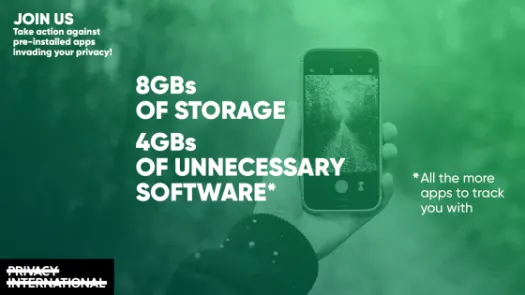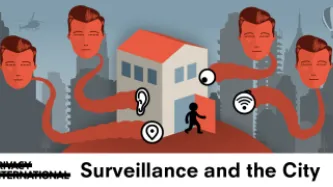Coding Rights is a Brazilian-based think tank that aims to advance the enforcement of human rights in the digital world. Its goal is to ensure that policy-making affecting technological development and digital rights is informed by actual technological knowledge, and that technological development is guided by fundamental human rights.





